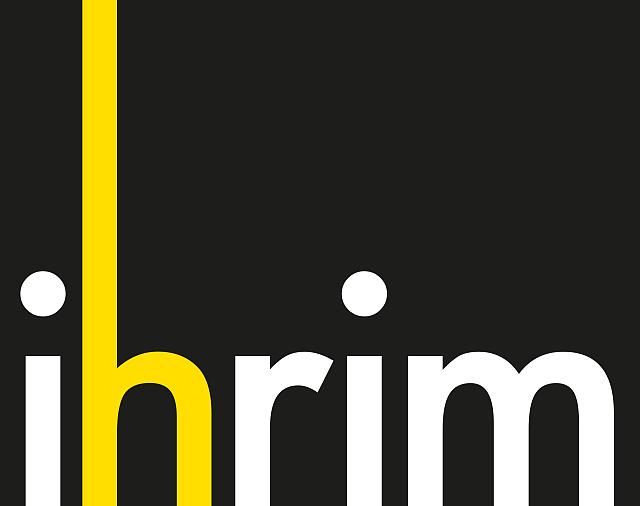Letter 131
Rica to the same
The next day he led me to another side room. These are the poets, he said ; in other words those authors whose profession is to put shackles on common sense and weigh down reason under flourishes as they used to bury women under their gowns and ornaments. You know them ; they are not rare among the Orientals, where the more ardent sun seems even to heat up their imaginations.
Here are the epic poems. Ah, what are epic poems ? In truth, he said, I have no idea ; the connoisseurs say that there have never been but two, [1] and that the others that are put forward under that name are not authentic. That too is something I do not know. They say moreover that it is impossible to make new ones, [2] and that is even more surprising.
Here are the dramatic poets, who, in my view, are the consummate poets, and the masters of the passions. There are two kinds : the comics, who stir us so agreeably, and the tragedians, who trouble and agitate us so violently.
Here are the lyrics, [3] whom I scorn as much as I applaud the others, and who make of their art a harmonious extravagance.
Next we see the authors of idylls and eclogues, who please even the people of the court, by the idea they give them of a certain tranquility which they do not have, and which they show to them in the situation of shepherds. [4]
Of all the authors we have seen, here are the most dangerous : they are those who sharpen epigrams, [5] which are nimble little arrows that make a deep wound inaccessible to remedies.
You see here the novels, which are kinds of poets, and who abuse the language both of the mind and of the heart ; who spend their lives pursuing nature, and always fail to find it ; and who invent heros who are as foreign there as winged dragons and centaurs.
I have seen some of your novels, I said, and if you saw ours, you would be even more appalled : they are just as unnatural, and besides extremely constrained by our ways : it takes ten years of passion before a suitor can even have seen the face of his mistress, yet authors are forced to make the readers go through these boring preliminaries. Now it is impossible for the incidents to be varied ; they have recourse to an artifice even worse than the disease they want to cure : it is to the supernatural. I am sure you will not approve of a enchantress bringing an army from underground, or a hero alone destroying an army of a hundred thousand men. Yet that is what our novels are ; we are bored by those cold and oft-repeated adventures, and revolted by those outlandish wonders. [6]
Paris this 6th day of the moon of Chalval 1719


